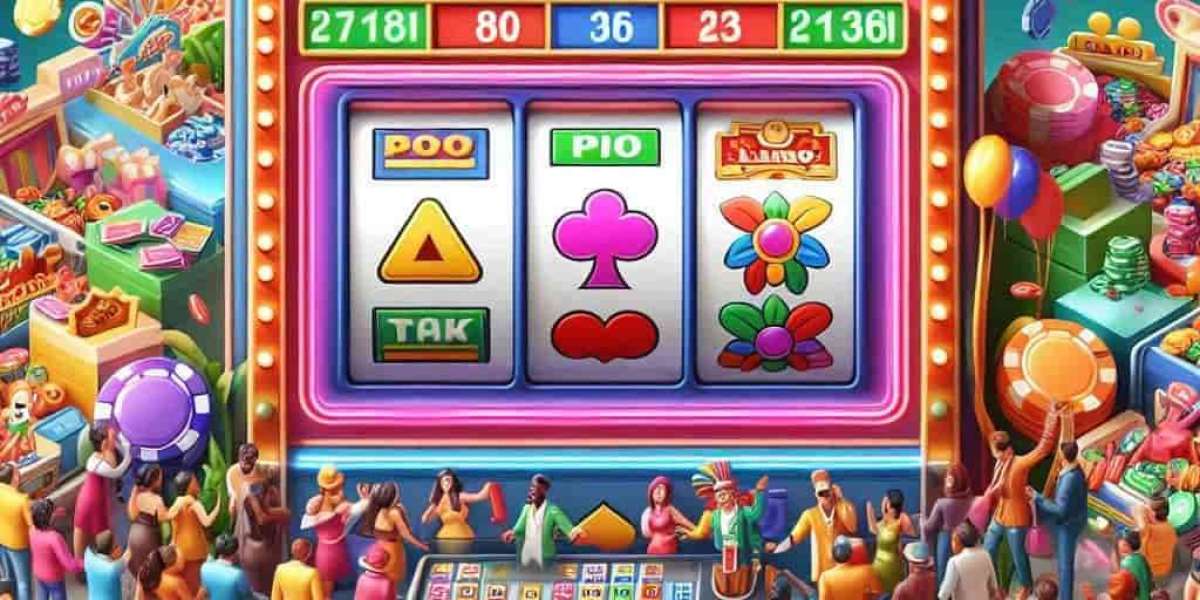This means games are not controlled by one company or server. Instead, the control is shared across many computers on a blockchain. This helps make games fairer, more secure, and more open. A powerful tool helping to shape this new way of designing games is Skale AI.
Skale AI is a part of the Skale Network, a fast, zero-gas-fee blockchain that supports decentralized applications (dApps). It combines the benefits of artificial intelligence (AI) with blockchain technology. In simple words, Skale AI lets developers add smart, AI-powered features into decentralized games that run on the blockchain. This changes the way games are made and played.
In this article, we will look at how Skale AI is playing a key role in the future of decentralized game design.
What is Decentralized Game Design?
Traditional games are built and run by companies. The company owns the game, the data, and the rules. Players only get to use the game, not control it. But decentralized games are different. They are built on blockchain networks like Ethereum or Skale. This means the game's data, logic, and ownership are stored on a public system that no one can control alone.
In decentralized game design:
Game items (like swords, skins, or coins) can be owned as NFTs.
Players can earn real value through gameplay.
Game rules and logic are stored in smart contracts.
AI can be added to make the game world smarter and more alive.
This is where Skale AI comes in.
What is Skale AI?
Skale AI is a feature of the Skale Network that allows AI models to be used directly inside smart contracts. This is special because most blockchains are not good at handling AI. They are too slow and expensive. But Skale is different. It has high speed, zero gas fees, and supports running AI logic on-chain.
Skale AI makes it possible to:
Add smart NPCs (non-player characters) that react to players.
Create AI-driven challenges that adapt in real-time.
Make game economies smarter and more stable.
Let players interact with learning agents who improve over time.
All of this happens inside the game world, which runs on Skale’s blockchain.
Benefits of Skale AI for Game Developers
Zero Gas Fees
One of the biggest problems in blockchain gaming is gas fees. Every time a player does something—like moving a character, opening a chest, or crafting an item—they might have to pay a small fee. On networks like Ethereum, this can be costly. But Skale has zero gas fees. This makes it perfect for games, where players do many actions quickly.
High Speed and Scalability
Games need to run fast. A delay of even one second can ruin the experience. Skale is built to handle many transactions at once. It gives each game its own blockchain (called a chain), so there’s no waiting in line. This means AI-powered features can run in real-time.
On-Chain AI Models
Skale AI allows developers to run AI inside the game logic itself. This makes the game more secure and transparent. Players can see how the AI works and trust that it is fair. In traditional games, AI is hidden on company servers. With Skale, everything is open.
Better Player Ownership
Thanks to blockchain and NFTs, players can own items in the game. Skale AI adds to this by letting AI respond to player behavior. For example, an AI pet that learns from its owner, or a village that changes based on how players treat it. This makes the game feel more personal and alive.
Skale AI and Smart Game Mechanics
Smart game mechanics are rules that make the game fun, fair, and challenging. AI helps make these mechanics better by adapting to the player. Skale AI makes it possible to build smart mechanics directly into the blockchain.
Here are some examples:
Dynamic Difficulty: The AI can watch how good a player is and make enemies stronger or weaker.
Learning Enemies: AI enemies can remember how the player fights and adapt.
Personalized Stories: The game story can change based on the player’s actions, using AI to create new events.
Economy Balancing: AI can adjust the price of items based on supply and demand.
All of this runs on-chain with no extra cost to the player, thanks to Skale’s unique design.
Multiplayer Worlds with AI
In online games, many players interact in the same world. Skale AI helps manage this by allowing multiple AI agents to work together. These AI agents can:
Act as shopkeepers, quest-givers, or enemies.
Form groups or teams based on player behavior.
Respond to world events like a monster attack or a rare item drop.
Keep the world fair and fun by detecting cheating or helping new players.
Because Skale AI runs on-chain, all players see the same actions, and everything is transparent.
AI Governance in Games
In some decentralized games, players vote on changes using a DAO (Decentralized Autonomous Organization). Skale AI can be part of this system too. It can:
Analyze voting patterns to detect spam or manipulation.
Suggest updates or changes based on player data.
Help new players understand the rules and how to vote.
Moderate chat or behavior using natural language processing.
This makes governance smarter, safer, and easier for everyone.
AI-Created Content
Another cool use of Skale AI is AI-generated content. Games need a lot of content—maps, quests, items, dialogue. AI can help create these automatically. For example:
AI can create new levels every week.
NPCs can generate new quests based on current events in the game world.
AI artists can design new skins or buildings.
Since this all happens on-chain, every player sees the same content, and no one can cheat the system.
Real Use Cases: What’s Already Happening?
Some Web3 games are already starting to use Skale and AI features.
Realms of Ethernity is exploring AI-driven NPCs on decentralized networks.
Champions Tactics could use AI to balance heroes and track win rates.
Skale has also worked with gaming dApps that test high-throughput gaming features.
As more developers learn about Skale AI, we can expect many more games to launch with these smart features built in.
Challenges and the Road Ahead
Of course, there are still challenges. AI models can be large and complex. Running them on a blockchain is hard. Skale is working to solve this by supporting small, optimized models and giving developers tools to connect off-chain models in safe ways.
There’s also a learning curve for developers. Not everyone knows how to use both AI and blockchain. Skale is making it easier by offering documentation, grants, and support for game studios.
As more people use decentralized games, the demand for smart, AI-powered features will grow. Skale AI is in the right place to lead this change.
Conclusion
The future of gaming is decentralized, smart, and player-driven. Skale AI is helping to build that future by giving developers the tools to create intelligent game mechanics on the blockchain. With zero gas fees, fast performance, and support for AI inside smart contracts, Skale opens new doors for how games are made and played.
Players will enjoy richer experiences, smarter enemies, and more meaningful choices. Developers will be able to create worlds that grow, learn, and respond. And best of all, everything will be fair, open, and owned by the community.
As we look ahead, Skale AI isn’t just a piece of tech—it’s a powerful engine driving the next generation of game design. Whether you’re a player, developer, or investor, this is one shift you don’t want to miss.








